Problems With Lime Trees: Getting Rid Of Lime Tree Pests
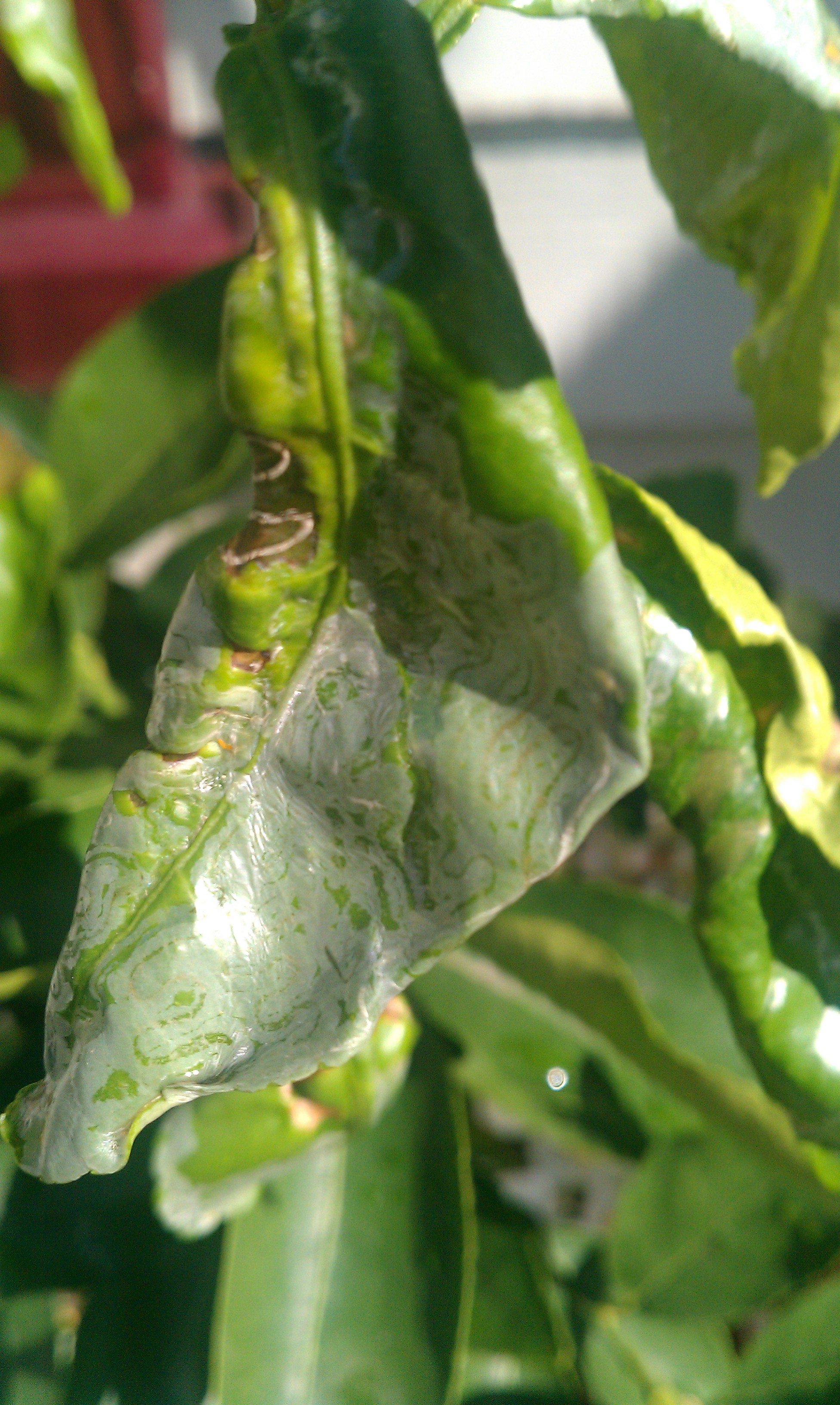
Usually you can grow lime trees without much trouble. Lime trees prefer soils that have good drainage. They do not tolerate flooding and you have to make sure the soils are right for them or you could run into problems with lime trees.
Make sure when you plant lime trees that you plant them on the south side of your home. This helps to take advantage of protection from winds and cold. They prefer full sunshine just as with any citrus fruit tree. Even under the best of circumstances, however, you can run into lime tree problems, like lime tree pests.
Common Pests of a Lime Tree
When is comes to lime tree pests, these are no more than the same pests that bother all citrus fruit trees. Leaf miners, scale, citrus mites, and aphids are the most common pests of a lime tree.
- Leaf miner - The leaf miner attacks new growth on the lime tree. As far as lime tree pests go, they cause a lot of damage to new developing leaves. They leave trails on the leaves that cause a distortion to the leaf shape as well as stunted growth of the leaf. Insects on lime tree fruit and leaves can cause mining in the fruits and trails on them too.
- Scale - Citrus scale insects will cause lime tree leaves to fall off. These insects can be removed from the leaves with a sharp knife, your fingernail, or a cotton swab soaked in alcohol. If you find that there are too many of these insects, you can spray the tree with alcohol, or if you want to go a more natural route, use neem oil.
- Citrus mites - Citrus mites are not damaging in small numbers, but large infestations can cause damage to young lime trees, with leaf stippling and deformed fruit. The leaves of lime trees infested with citrus mites have an etched, silvery appearance or become spotted with yellow necrotic regions. Use a miticide spray or neem oil on all parts of the tree to control these lime tree pests.
- Aphids - Aphids are also common pests of a lime tree. These insects seldom cause serious damage, but they may cause premature fruit drop and blemished fruit. For small trees, a strong blast of water from a hose will knock the insects from the tree, and insecticidal soaps or neem oil sprays are effective in controlling them.
During the spring, the crop of limes expected is always better because there are not as many lime tree pests. This is because these things do not overwinter well. However, later in the growing season, when another growth spurt is occurring, you could have a devastating attack by insects on lime tree fruit and leaves. This is because these pests flourish in warm weather.
Solving Lime Tree Problems
You shouldn't use chemicals to get rid of lime tree pests. You can, however, try organic approaches like citrus sprays and neem oil. Sometimes these can prevent an infestation of lime tree pests before they get out of hand.
In some cases, you can just ignore any damage you see because many problems with lime trees won't kill the tree. Further, some pesticides can kill the bugs that help keep these pest populations down. You don't want that. Some insects on lime tree leaves and fruit can be ignored because they won't affect anything except appearance.
Otherwise, the fruit inside the peel will be perfectly acceptable. If you come to a point where you feel it necessary to spray your lime trees, you should make sure you choose the right spray for your trees and spray at the right time of year or at the right time to kill the common pests of a lime tree you want to kill. Otherwise, it is pointless.
Gardening tips, videos, info and more delivered right to your inbox!
Sign up for the Gardening Know How newsletter today and receive a free copy of our e-book "How to Grow Delicious Tomatoes".
-
 Looking For Plants To Give You The Soft And Fuzzies? Try These 5 Fuzzy Leaf Plant Options
Looking For Plants To Give You The Soft And Fuzzies? Try These 5 Fuzzy Leaf Plant OptionsLovers of texture, drama, silver foliage and tactile plants will adore these special sensory garden additions. These fuzzy leaf plant options will leave you all aglow
By Susan Albert
-
 Get Ready For A Summer Of Hummers! Grow These Full Sun Hummingbird Plants and Flowers
Get Ready For A Summer Of Hummers! Grow These Full Sun Hummingbird Plants and FlowersIf you’re lucky enough to enjoy a sunny backyard, make sure you are maxing out on your pollinator opportunities and grow these full sun hummingbird plants and flowers
By Tonya Barnett
-
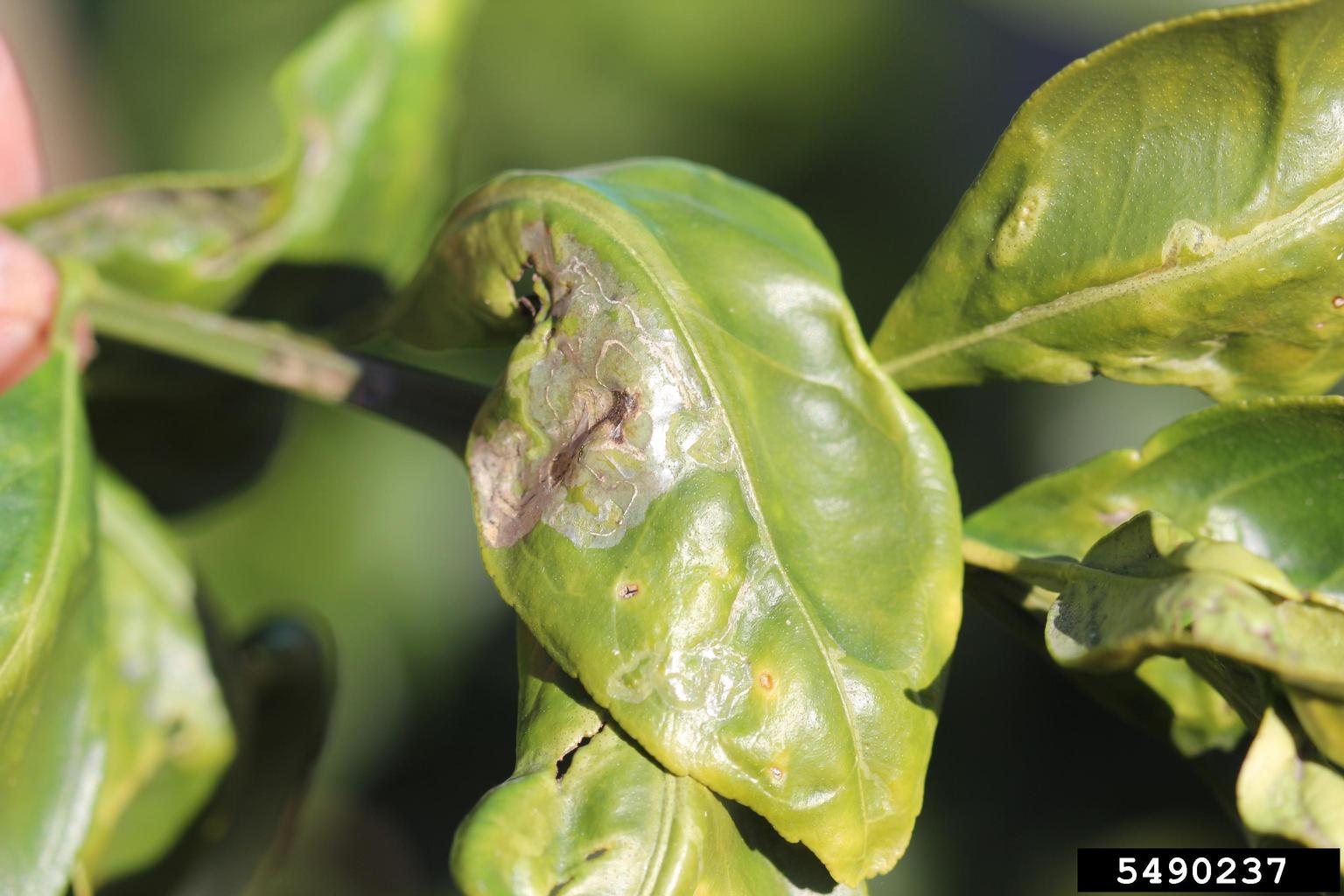 Lime Tree Leaf Curl: What Causes Curling Leaves On Lime Trees
Lime Tree Leaf Curl: What Causes Curling Leaves On Lime TreesYour lime leaves are curling and you have no idea where to start treating them. Have no fear, there are many innocent causes of leaf curl on lime trees. Learn what to look for and how to handle common lime tree leaf curl problems in this article.
By Kristi Waterworth
-
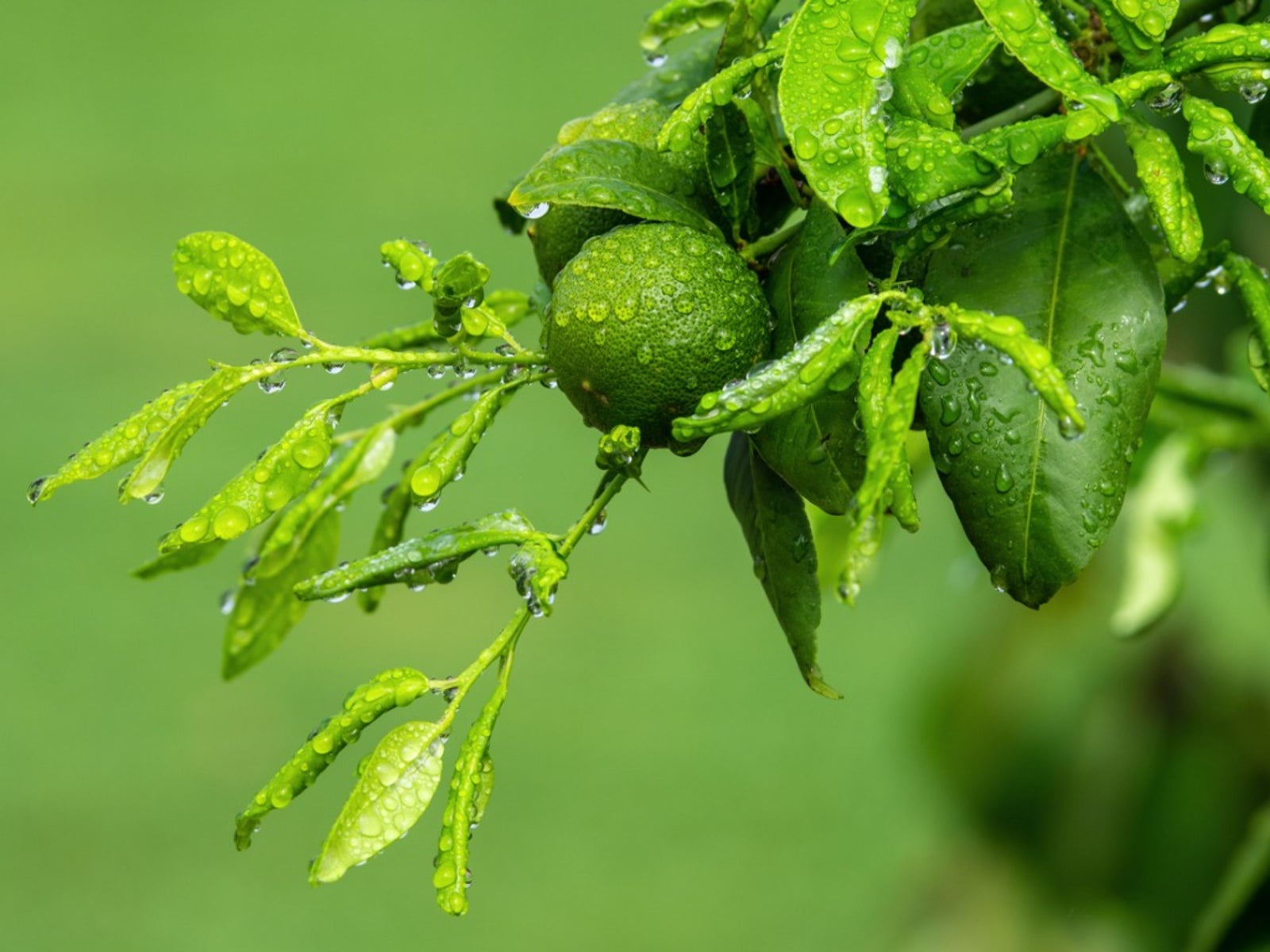 Fertilizing Lime Trees – Learn How To Fertilize A Lime Tree
Fertilizing Lime Trees – Learn How To Fertilize A Lime TreeGot a lime tree? Wondering how to fertilize your lime tree? Lime trees, like all citrus, are heavy feeders and, therefore, need supplemental fertilizer. But the question is, when do you fertilize lime trees? Click here and find out in this article.
By Amy Grant
-
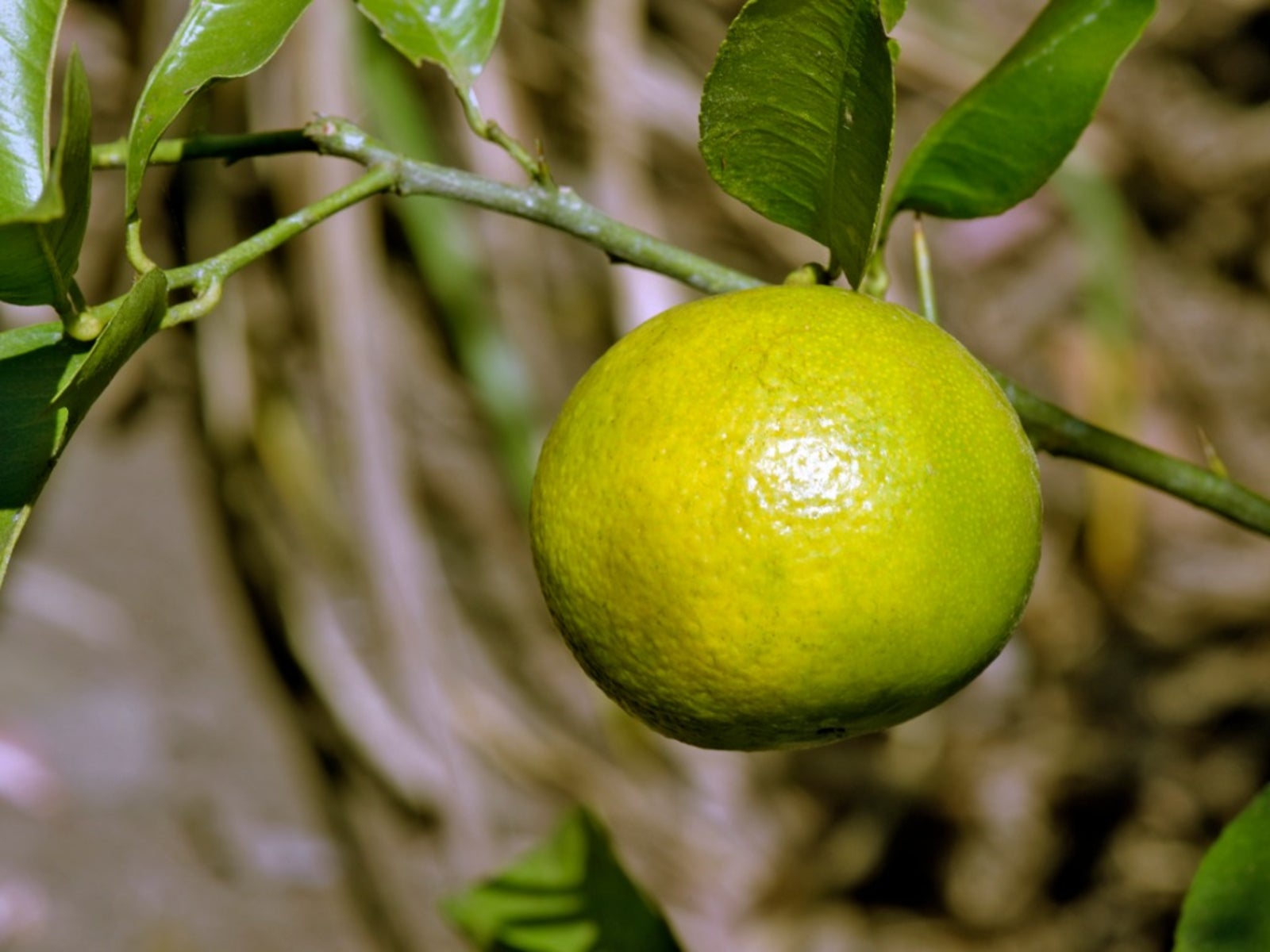 Sweet Lime Varieties – Sweet Lime Tree Growing And Care
Sweet Lime Varieties – Sweet Lime Tree Growing And CareThere's a new citrus on the block! Okay, it isn't new, but fairly obscure in the United States. We're talking sweet limes. Yes, a lime that is less tart and more on the sweet side. Intrigued? This article contains additional information.
By Amy Grant
-
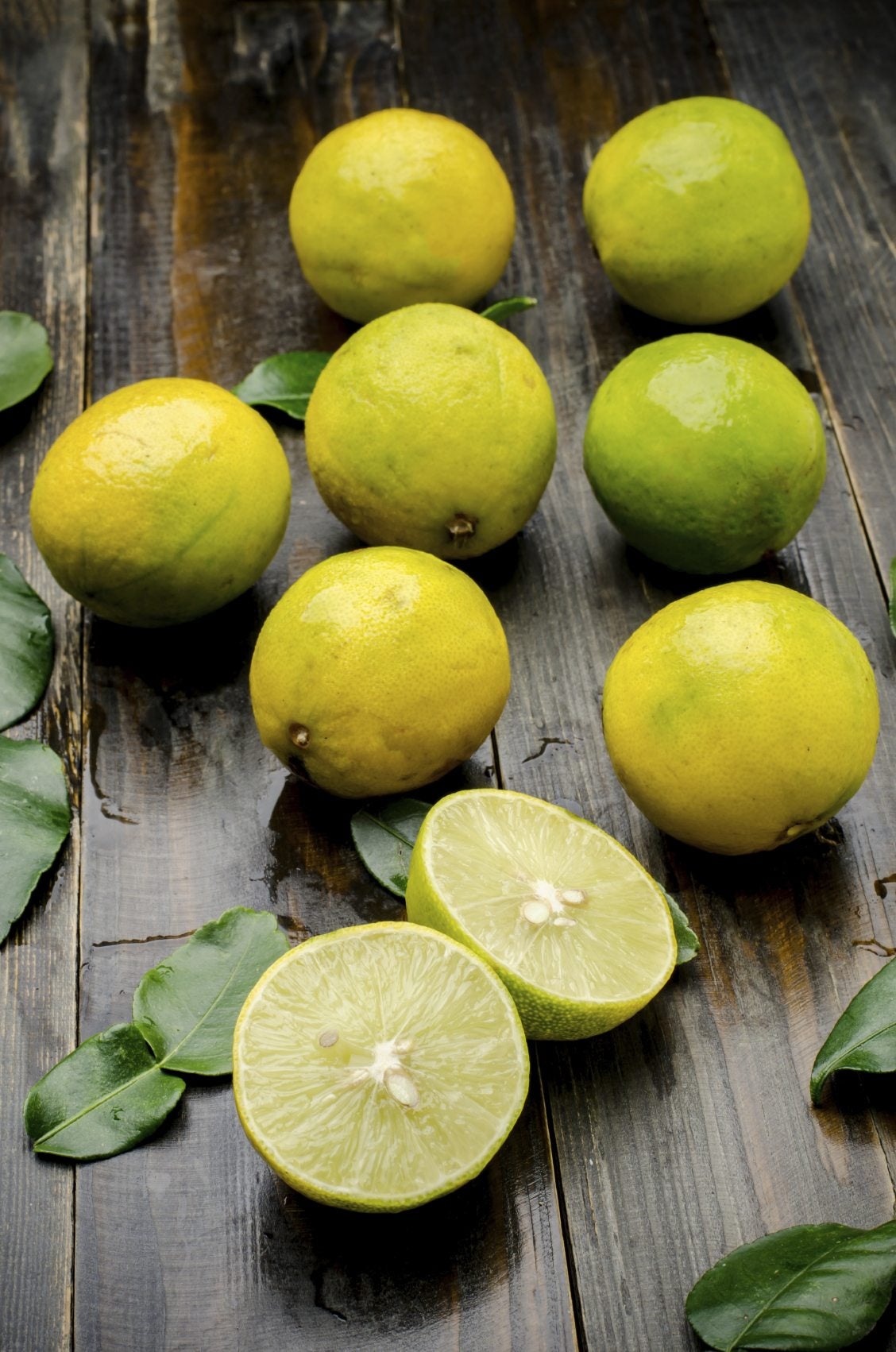 Are Yellow Limes Bad: What To Do With Yellow Limes
Are Yellow Limes Bad: What To Do With Yellow LimesWhen we purchase limes, they are generally fairly firm but with a slight give and uniformly green in color. What happens if you encounter limes with yellow skin though? Are yellow limes bad? Click here to learn more.
By Amy Grant
-
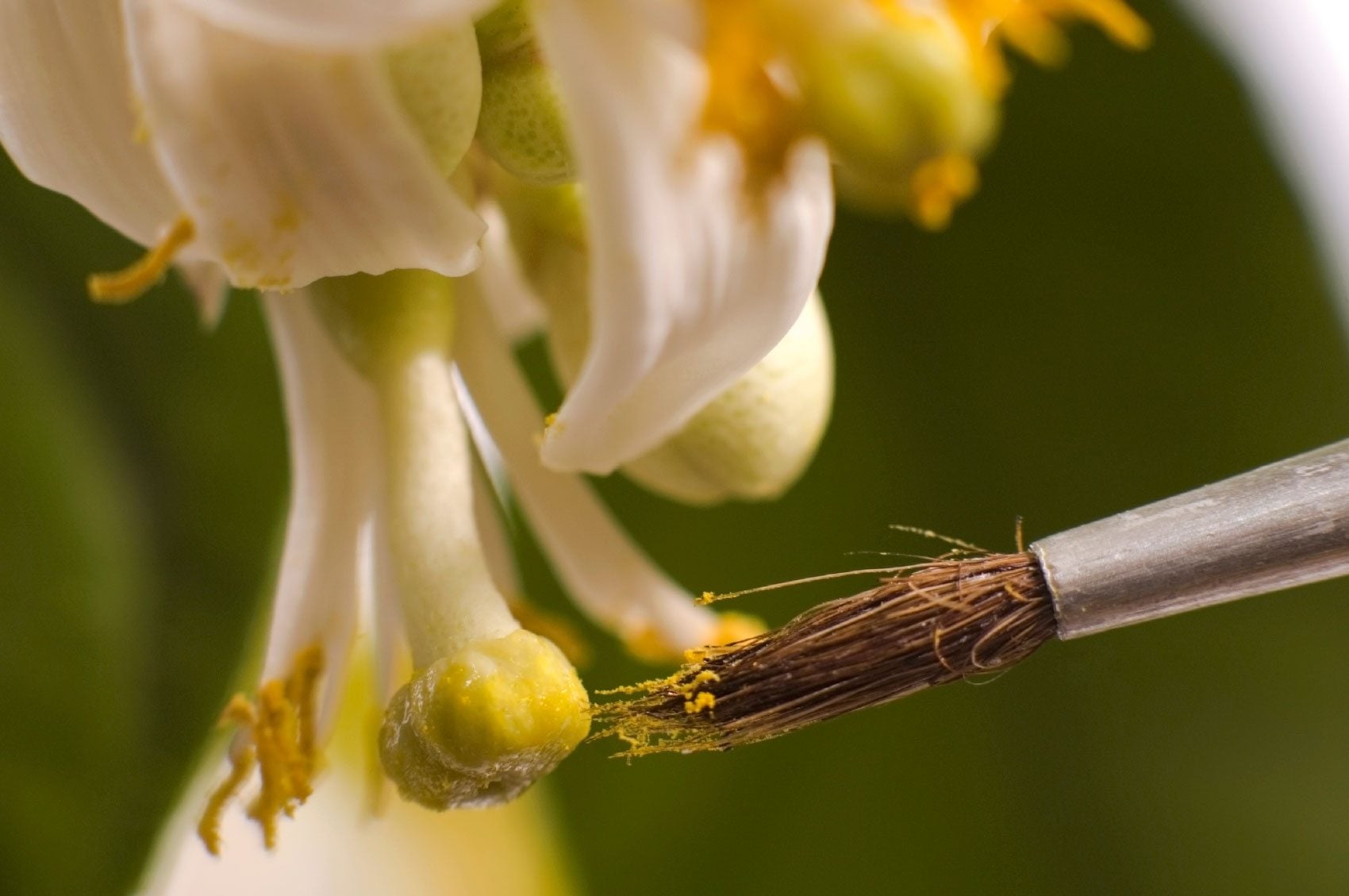 Hand Pollinating Lime Trees: How To Hand Pollinate A Lime Tree
Hand Pollinating Lime Trees: How To Hand Pollinate A Lime TreeIs your lime tree less than stellar in the pollination department? If your yield is meager, perhaps you have wondered if you can hand pollinate limes? This article will help you with hand pollination of lime trees.
By Amy Grant
-
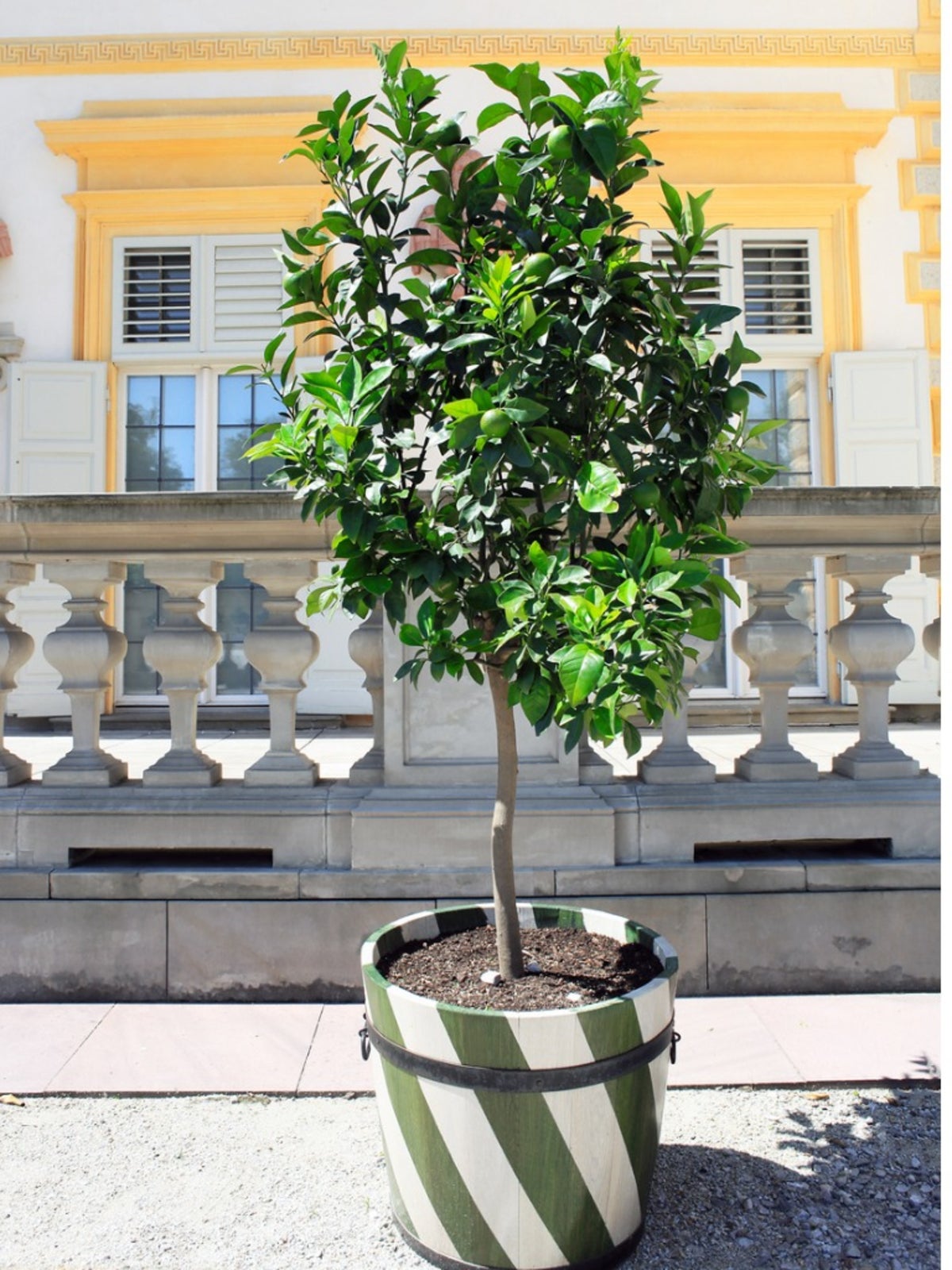 Potted Lime Trees: Caring For Container Grown Lime Trees
Potted Lime Trees: Caring For Container Grown Lime TreesGrowing lime trees in pots have the advantage of ease of movement and protection from cold. The information in this article will help with growing a potted lime tree. Click here to learn more.
By Amy Grant
-
 Watering Limes: How Much Water Do Lime Trees Need In Containers
Watering Limes: How Much Water Do Lime Trees Need In ContainersPlanting limes in pots will enable you to move them around more easily and grow them in cooler climates - but watering is crucial. How much water will these lime trees need? Read this article to find out.
By Amy Grant
-
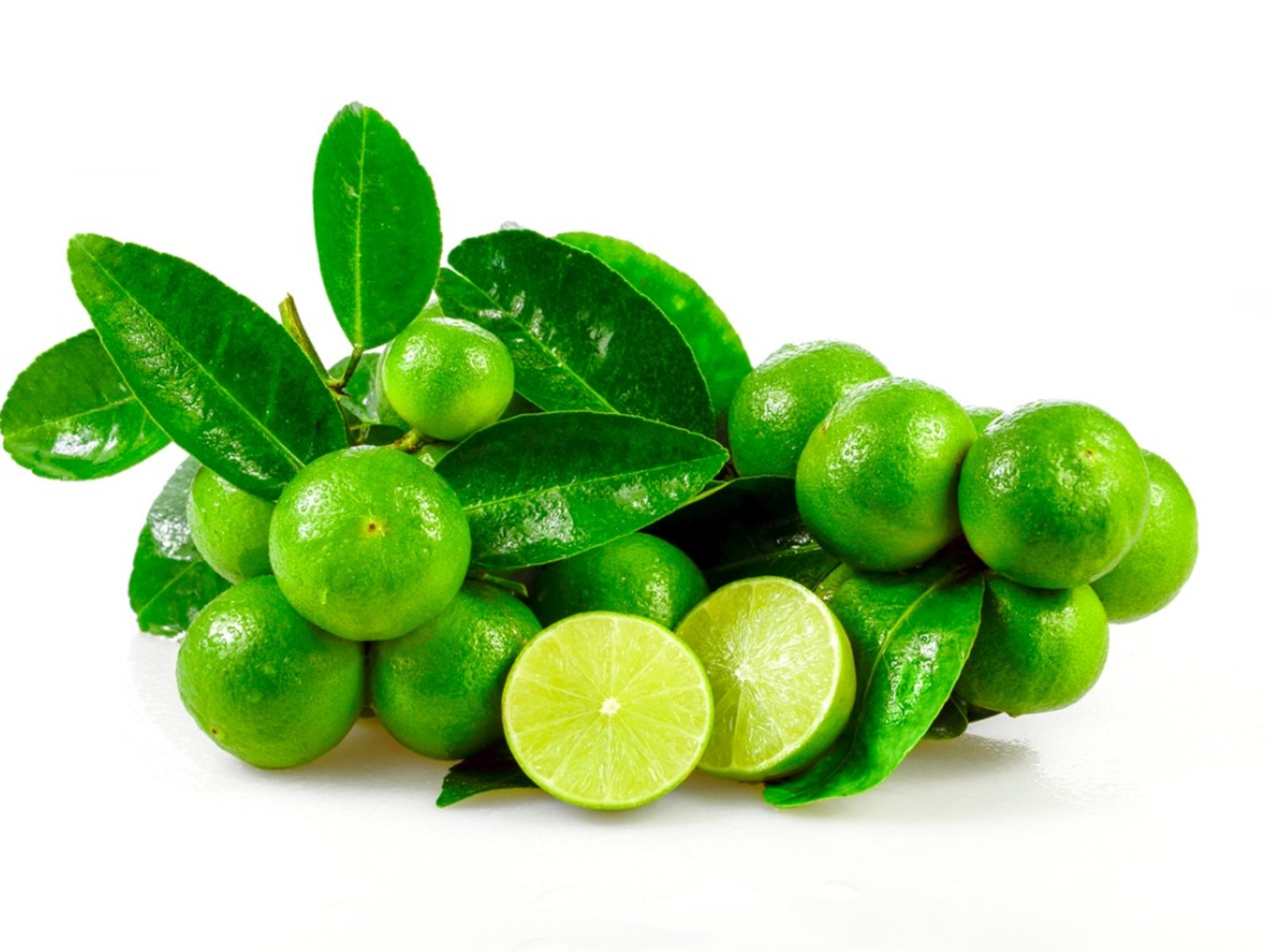 Mexican Key Lime Tree Information: Tips For Growing Key Limes
Mexican Key Lime Tree Information: Tips For Growing Key LimesAlmost anyone can grow Mexican key lime trees if you have the right information. Take a look at the growth and care of key lime trees in the following article and see if this lime tree variety is right for you.
By Gardening Know How